How Recycling Can Be the First Great Step Towards Becoming a Zero Waste School
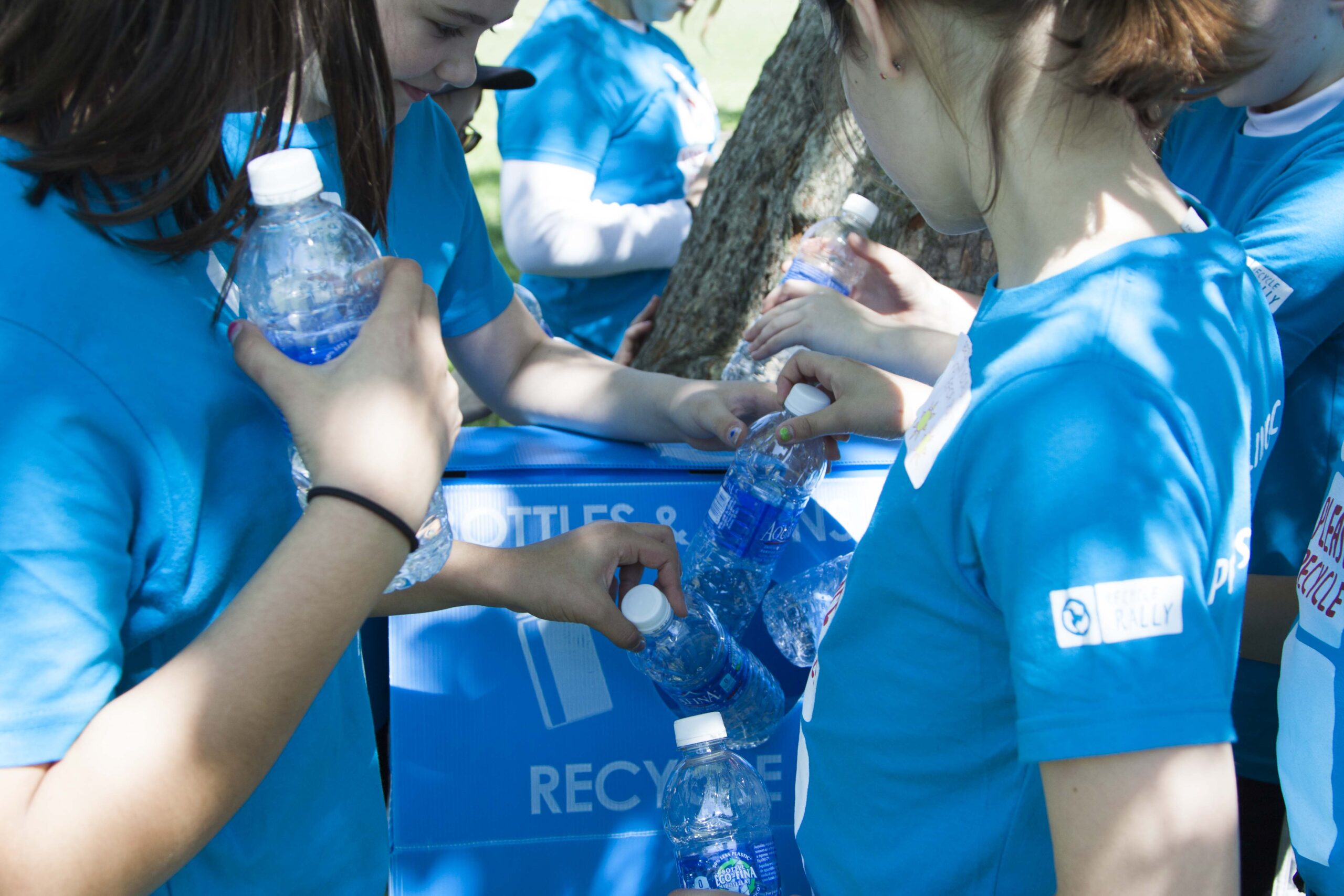
When your school takes steps to become a zero waste school, you’re teaching your students, staff, and families about the role they can personally have on the environment. It’s also an opportunity to reduce your school’s overall carbon footprint. It might seem difficult to go zero waste, but it’s actually pretty manageable when you break it down a little bit at a time. Recycling is the perfect place to start, so get ready to start making a difference in your school.
What does it mean to be a zero waste school?
The term zero waste can sound a bit intimidating at first, but it’s not meant to be literal. Instead, think of it as a philosophy that your school will strive toward. Even the most successful zero waste schools and programs will still generate some trash, but there are so many opportunities to reduce it overall. From less food waste in the cafeteria to recycling initiatives you can implement throughout the school, zero waste is like having a growth mindset. What are ways, big and small, that students and school staff can save a bit more, use a little less, and recycle more? Here are some classroom-specific ideas that are easy to implement.
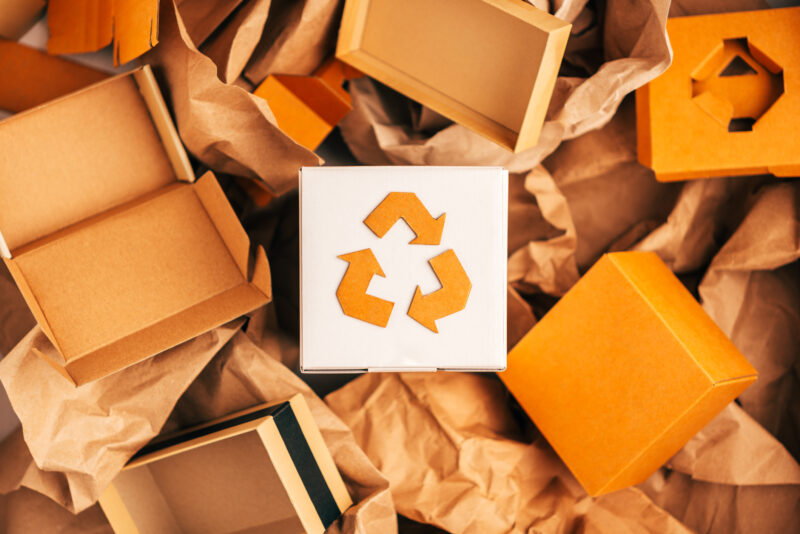
What are the benefits of going zero waste?
A huge amount of waste generated in schools can actually be recycled. When schools make efforts to implement a zero waste system or recycling program, the long-term environmental impact can be substantial. In addition, there are so many great hands-on lessons for students. You’re not just talking about the impact of recycling. Students actually see it for themselves. One of the best ways to see your school’s potential impact (and to get students involved right away) is to do a waste audit. Here are some free downloadable forms to get you started. Students should be able to lead this process, and it will really help them identify all the different zero waste opportunities. If you’re already doing some recycling at your school, consider a recycling bin audit as well. Here are free forms for that.
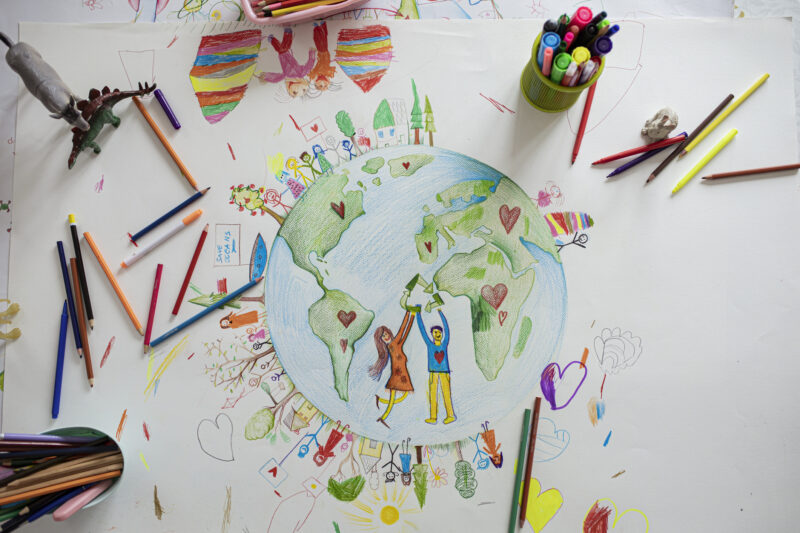
How is recycling the first step to becoming zero waste?
Recycling is the foundation for going zero waste. Teaching students that something can be used again in some way is a simple yet valuable lesson. Then when they see it in action, the concept really sticks. It can start small—increasing the number of recycling bins in all classrooms or adding additional bins in the cafeteria. As the amount of recycling keeps going up, students will see how they’re part of the success. Then it will naturally spread into other parts of the school and even their own habits at home. Implementing a program like Recycle Rally is the perfect way to get started. Thousands of schools have used the free resources to get a recycling program going.
What’s the best way to get staff, students, and families on board?
Anyone who has ever tried to implement a schoolwide effort knows that it’s only as successful as your school community makes it. This includes your staff—teachers, admin, custodial and lunchroom employees, and support staff—as well as your students, parents, and families. Getting your entire school on board really is a key to success. One of the best ways to start strong is to create a school green team.
Green teams are often made up of volunteer staff and students who are passionate about issues like recycling and sustainability. They become a task force of sorts to introduce recycling to the school and the community. They often set goals and communicate those to others. If you’re trying to start a green team for the first time, put out an open call to staff, students, and even parents. Plus, if you need resources for starting a green team, there are plenty of free ones available here. By having the efforts and communication come directly from students, you’ll likely get more participation.
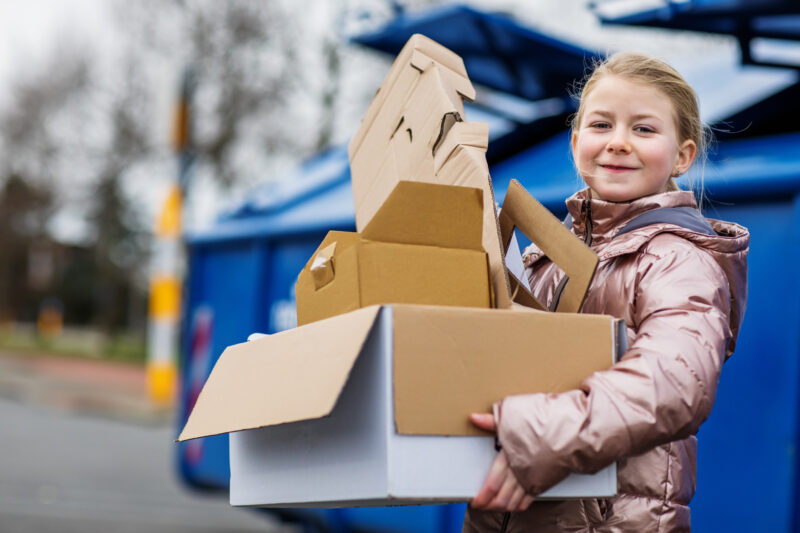
After recycling, what’s next?
Recycling really can lay a powerful foundation for so many other great sustainability efforts. For instance, food waste is the largest opportunity for most schools to reduce their carbon footprint. So perhaps your recycling efforts will lead to turning food into nutrient-rich soil through composting. There are so many ways to take it to the next level. Here are some additional recycling ideas to implement at your school and in your classrooms. Let only your imagination be the limit.
Going zero waste at your school is a wonderful way to make a difference right in your own neighborhood. And to think—it can all start with the power of recycling.
Also, check out What Zero Waste Schools are Doing.
Learn More
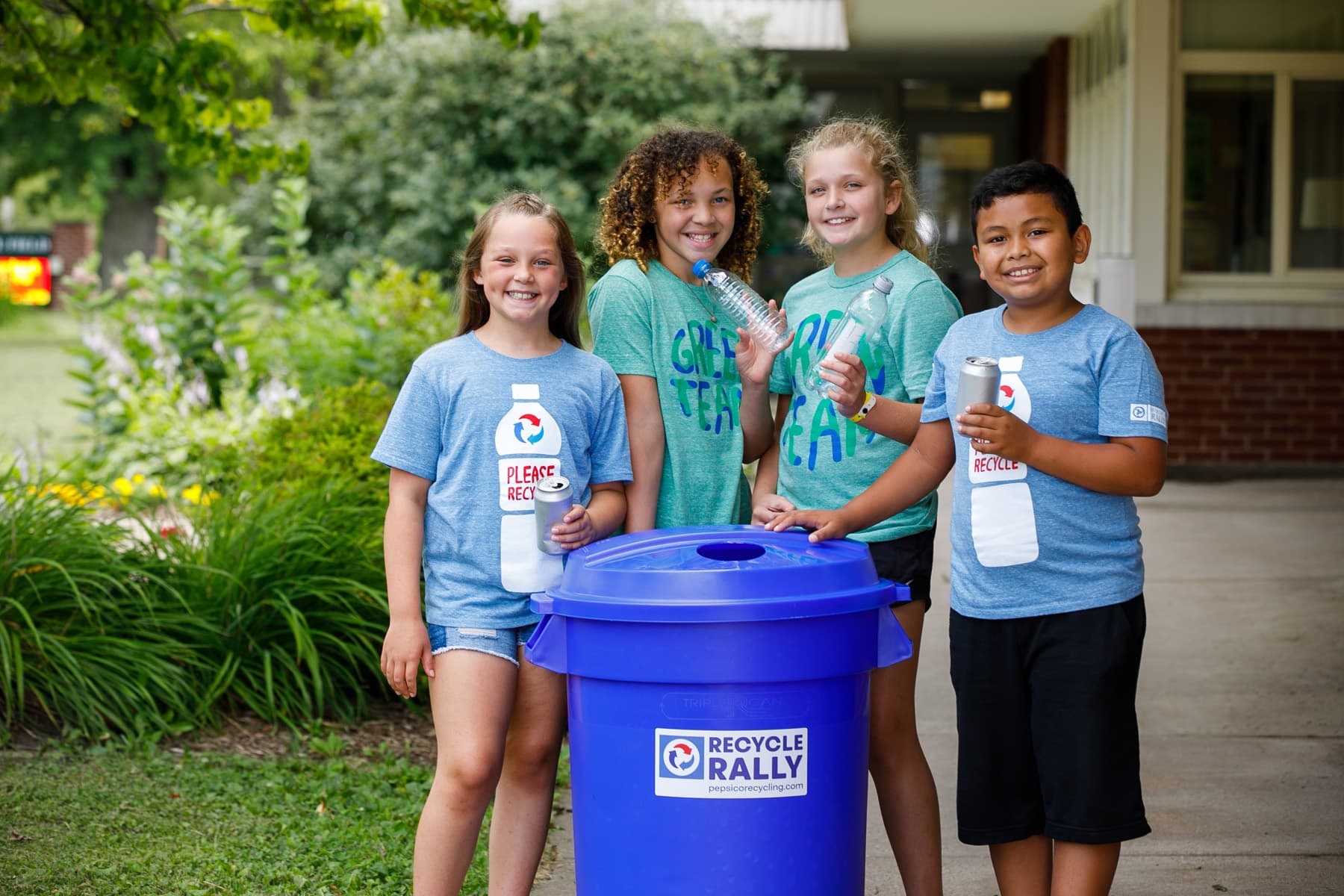
Recycle Rally
Recycle Rally is a free K-12 program that provides rewards and tools to help enhance recycling at your school!
Explore now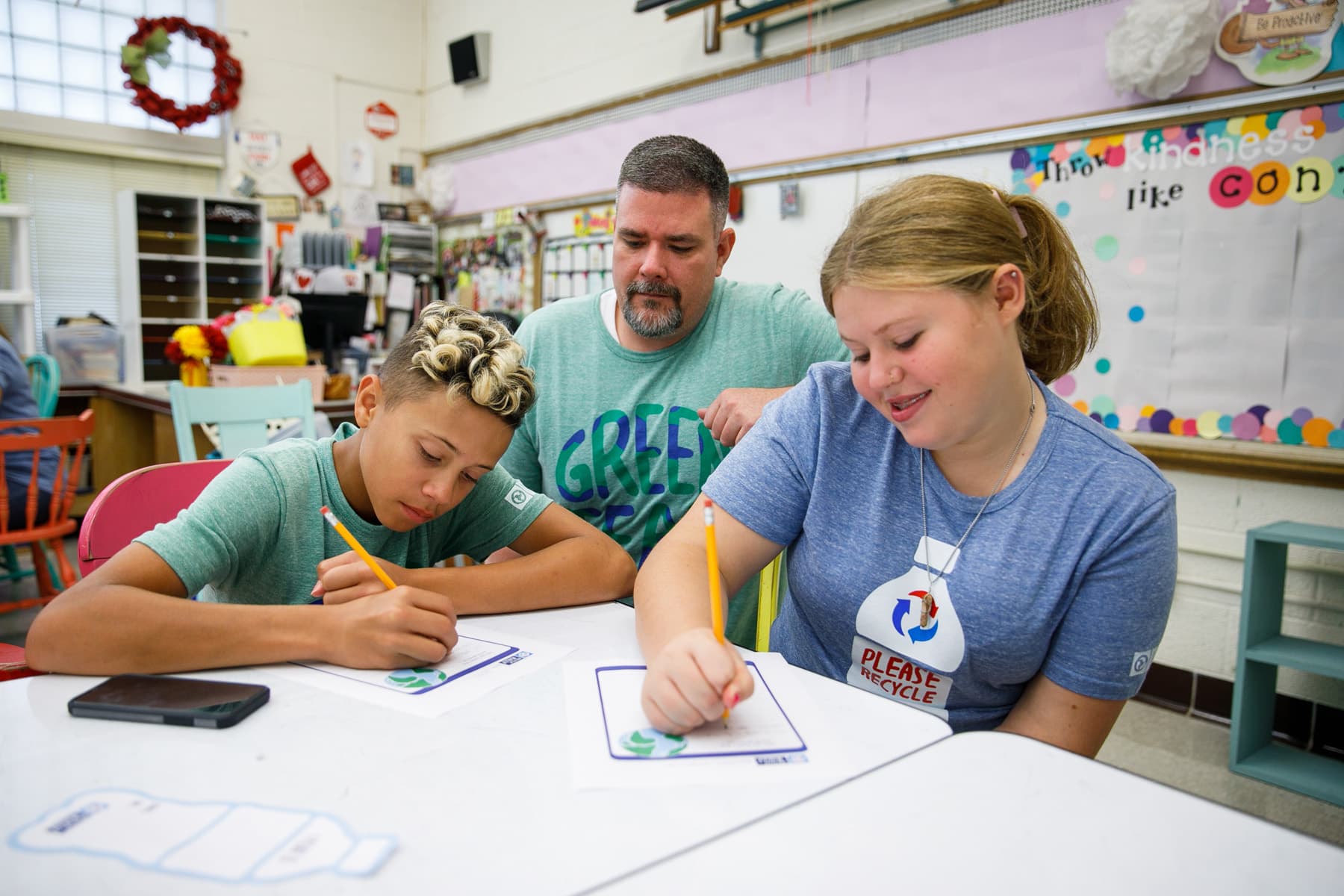
Additional Resources
Our comprehensive library of resources was designed to inspire the next generation of green leaders.
Explore now
